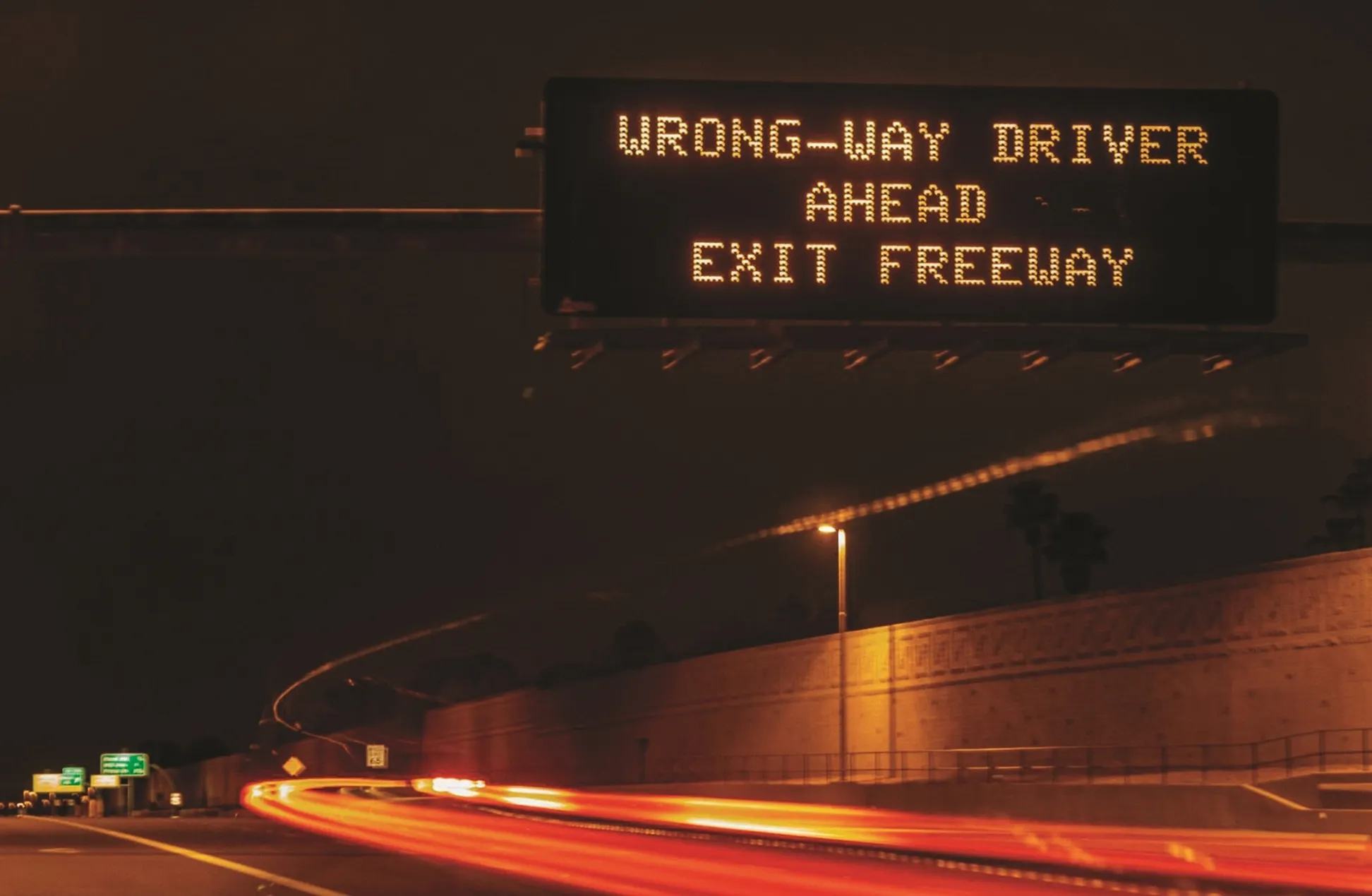The Federal Communications Commission (FCC) is seeking comments on a proposed rule that would make the 5.85-5.925 GHz band of spectrum available for expanded wi-fi services. The band is currently dedicated to uses associated with connected vehicle programs. FCC officials announced earlier this year that the commission is seeking to open up the 5 GHz band in order to alleviate wi-fi congestion at major hubs, such as airports and convention centres. However, there are concerns that the technology to prevent
April 15, 2013
Read time: 2 mins
The 2115 Federal Communications Commission (FCC) is seeking comments on a proposed rule that would make the 5.85-5.925 GHz band of spectrum available for expanded wi-fi services. The band is currently dedicated to uses associated with connected vehicle programs.
FCC officials announced earlier this year that the commission is seeking to open up the 5 GHz band in order to alleviate wi-fi congestion at major hubs, such as airports and convention centres. However, there are concerns that the technology to prevent interference isn't mature yet.
The4944 American Association of State Highway and Transportation Officials, joined by other transportation, technology, and safety groups, has urged protection of the 5.9 GHz band of spectrum so that it could be used for the connected vehicle technology.
The324 US Department of Transportation (USDOT) connected vehicle program relies on the 5.9GHz band spectrum to transmit the messages that provide key safety information on vehicle position, speed, weather, road conditions, and traffic signal timing. USDOT is currently in the process of testing connected vehicle technology, a multimodal initiative that will allow for wireless communications between vehicles, transportation infrastructure, and passenger communication devices. While still in early phases, proponents believe the technology will greatly increase safety, through vehicle crash prevention applications, improve mobility by allowing drivers to make choices that reduce delays, and improve the environment through less wasted fuel.
The public is free to comment on the proposed rule until 28 May.
FCC officials announced earlier this year that the commission is seeking to open up the 5 GHz band in order to alleviate wi-fi congestion at major hubs, such as airports and convention centres. However, there are concerns that the technology to prevent interference isn't mature yet.
The
The
The public is free to comment on the proposed rule until 28 May.









